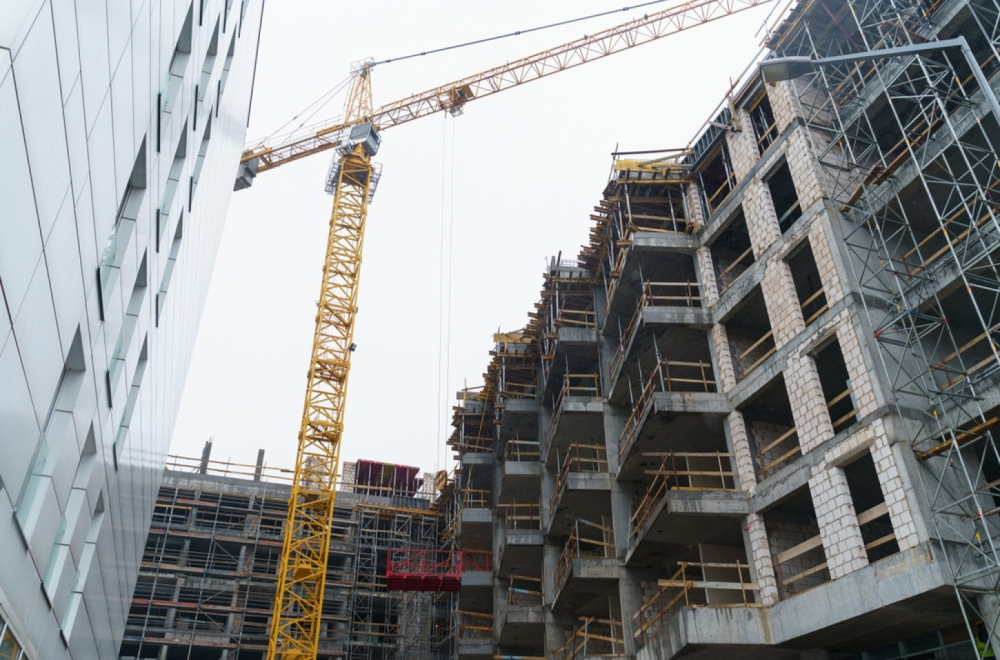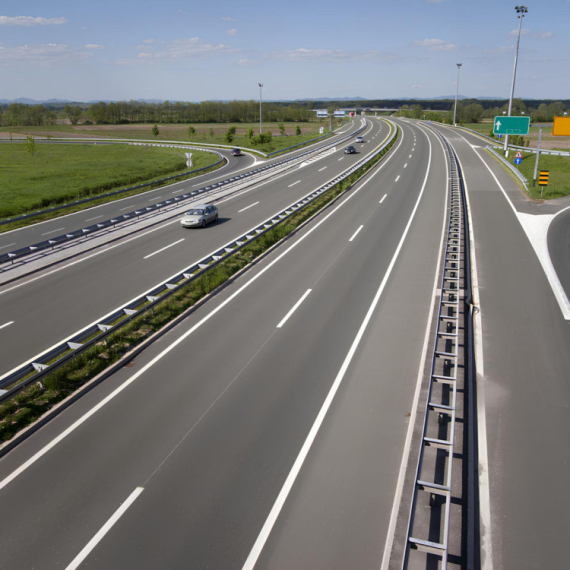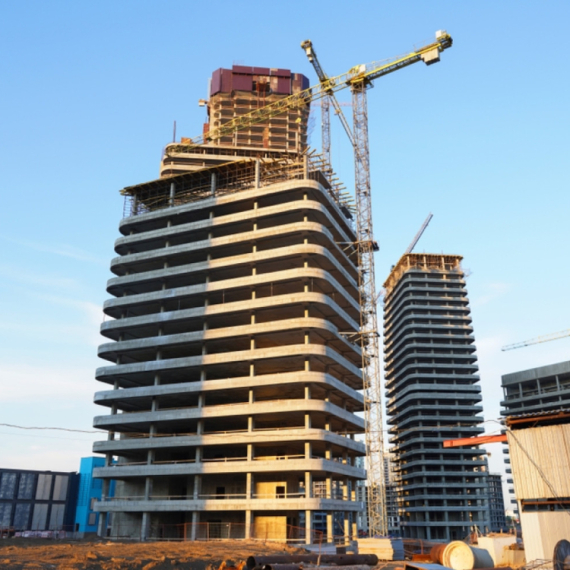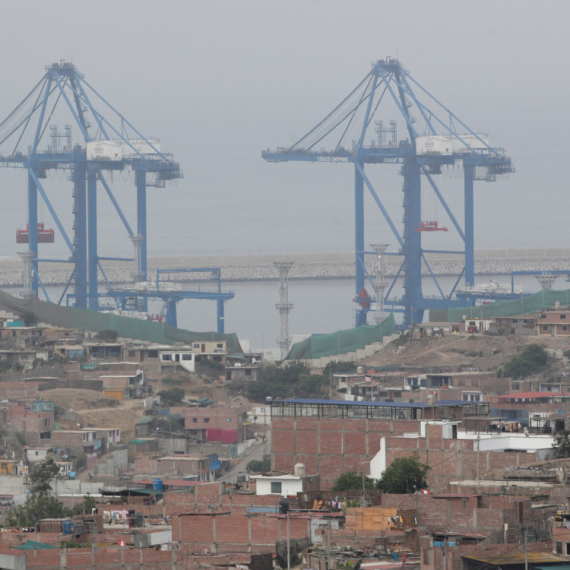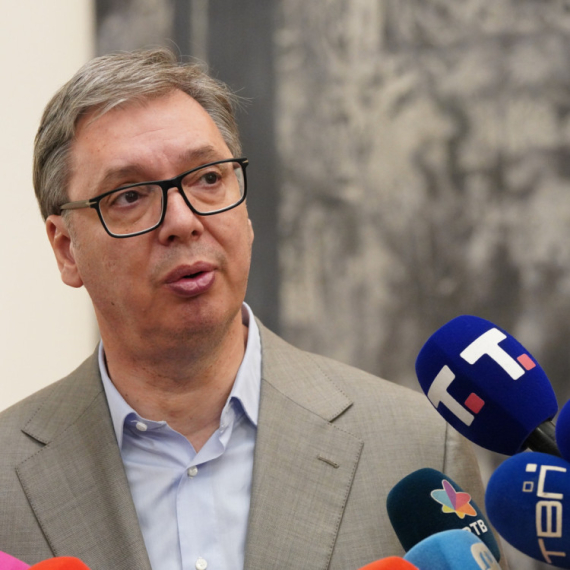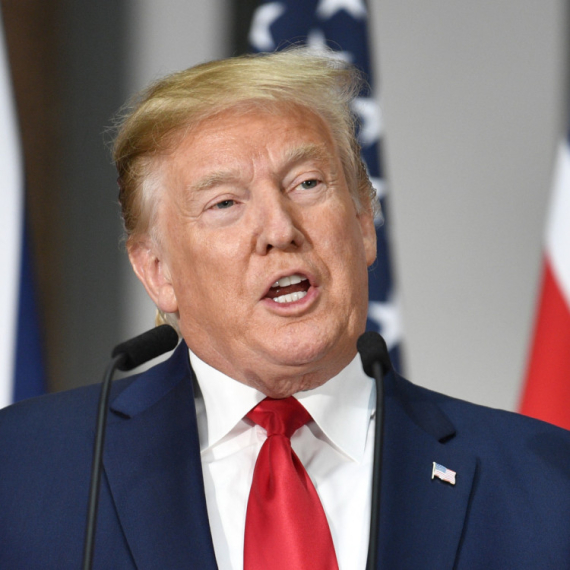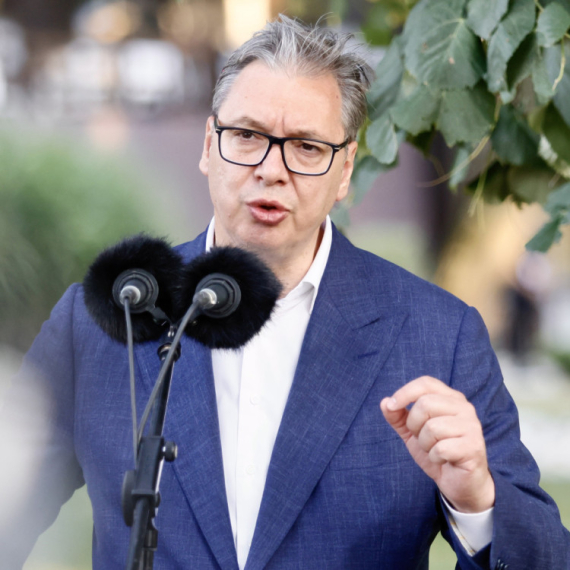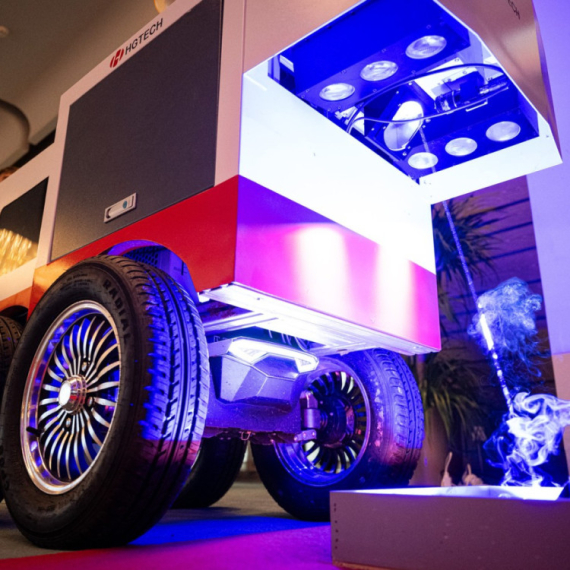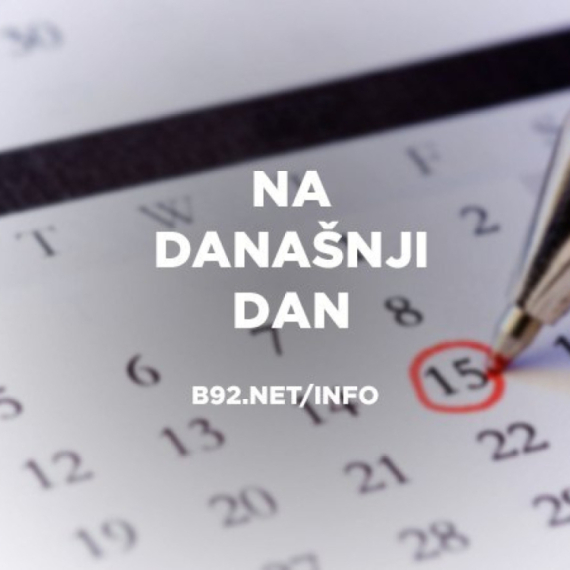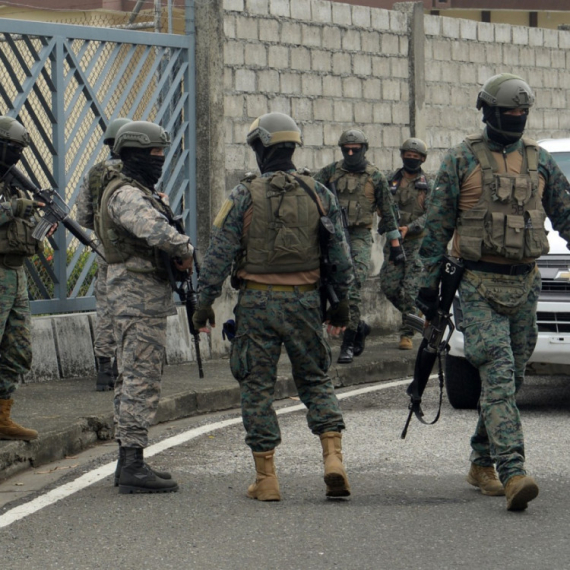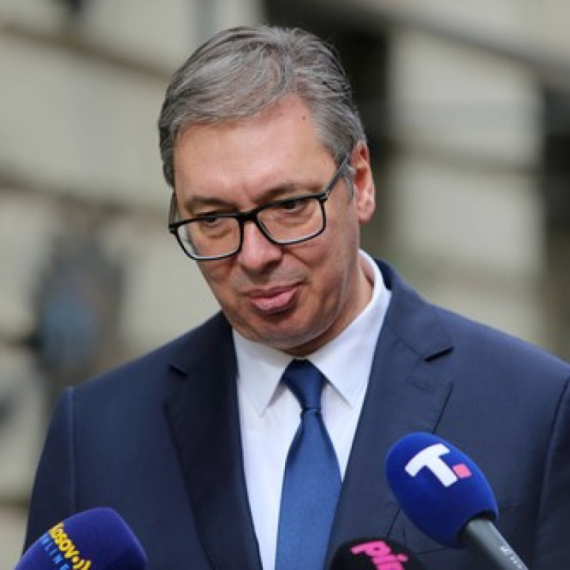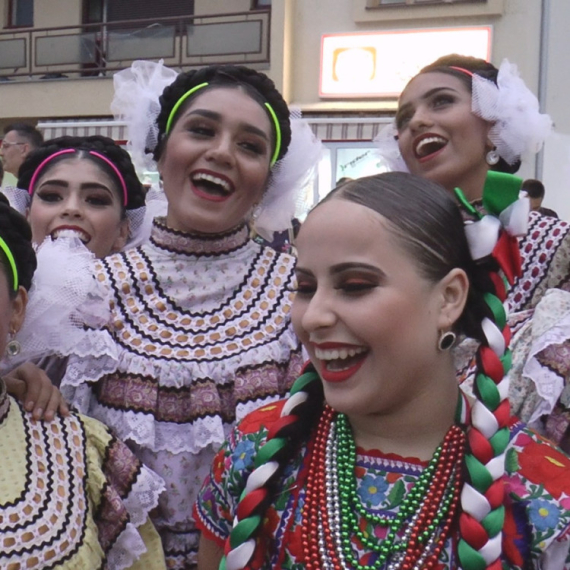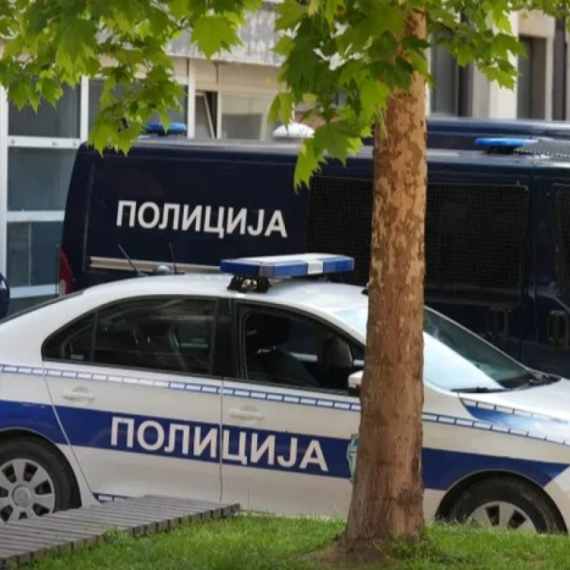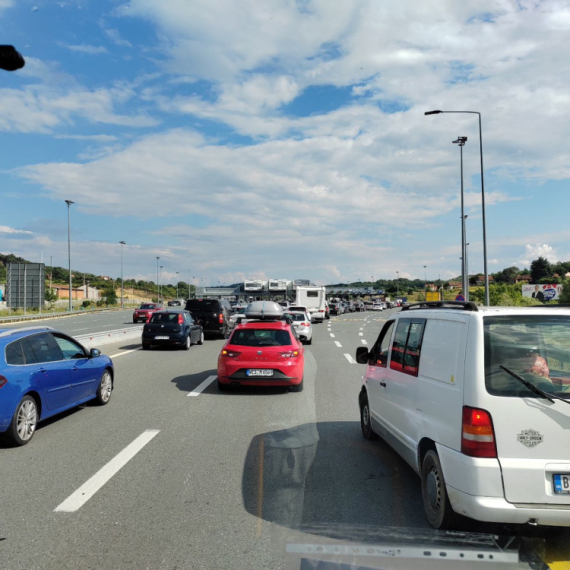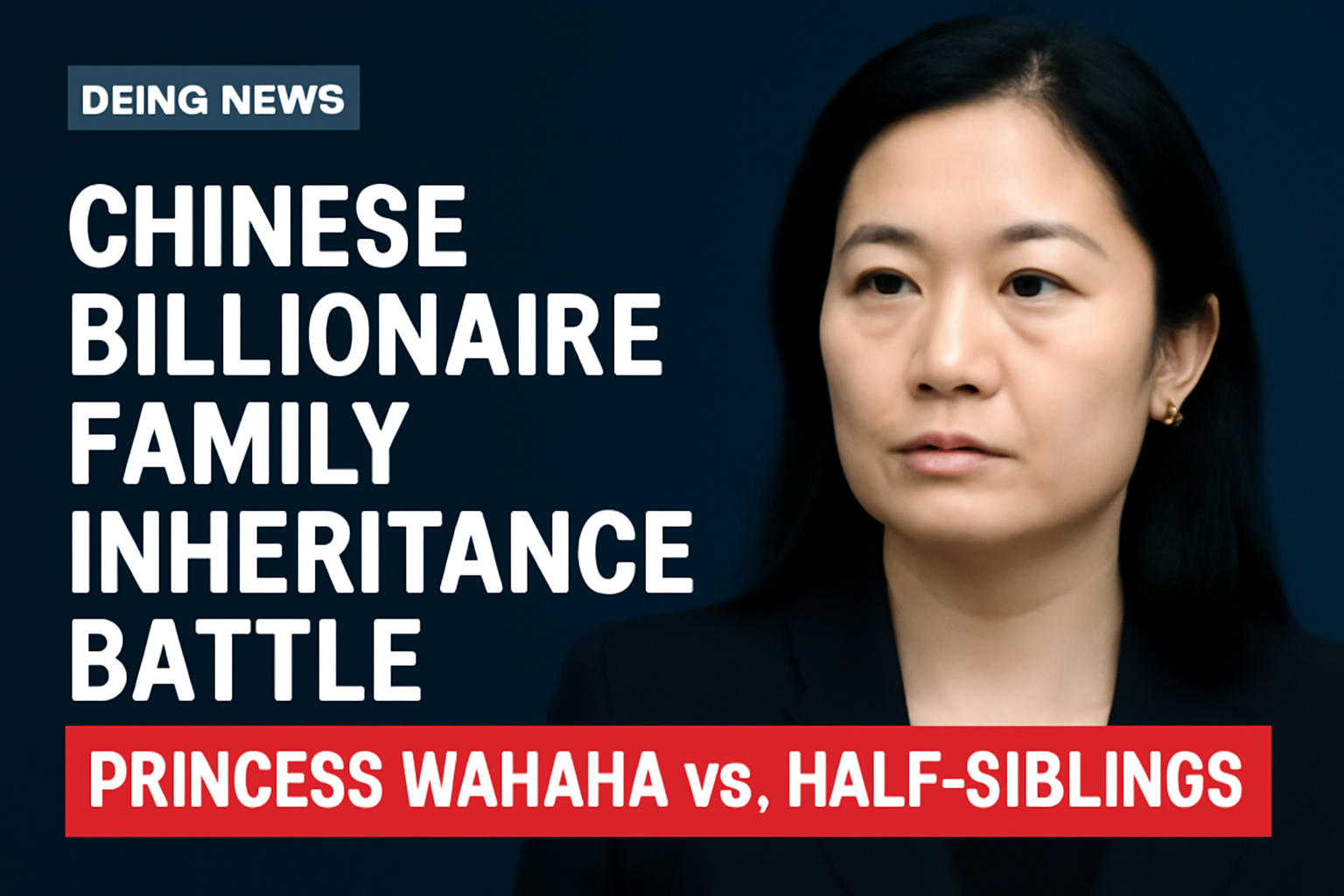Why Montenegro Still Can’t Face the Srebrenica Genocide?
A Memory That Must Not Die
As the world marks 30 years since one of the most horrific crimes in Europe after World War II, Montenegro remains stuck in place. The genocide in Srebrenica, where around 8,000 unarmed Bosniaks were systematically killed, including 600 children, still does not have an official day of remembrance in Montenegro. Is this forgetfulness or something far worse?
Resolutions and Promises – But Nothing Changes
Montenegro’s parliament adopted a resolution in 2021 condemning the genocide in Srebrenica and banning its denial. Article 5 of that resolution foresees July 11 as a day of remembrance for the genocide victims. However, to this day, neither the government nor the parliament has taken concrete steps to implement this. No initiative has been submitted, and last year’s UN General Assembly resolution clearly declared July 11 as the International Day of Remembrance for the Srebrenica Genocide.
Why Does It Matter?
Tea Gorjanc Prelević from the Ministry of Human and Minority Rights states clearly: remembrance of Srebrenica is not only for the victims but for the future. If we don’t learn from the past, evil will repeat itself. Institutional recognition and marking of this day is a moral and civilizational obligation of Montenegro, especially if it wants to prove its democratic capacity for EU membership.
Criticism and Dissatisfaction from Civil Society
NGOs, the Bosniak Council, civic activists, and human rights centers have been demanding the establishment of a remembrance day for years. A year ago, 76 Montenegrin NGOs demanded that July 11 be declared an official day of remembrance. But the government of Prime Minister Milojko Spajić and the parliament chaired by Andrija Mandić have done nothing. No official has submitted an initiative, and there is no sign of change.
Is This Just Silence or Something Deeper?
Goran Šimić, an expert in criminal law and transitional justice, points out that the culture of remembrance in the region is selective, and all sides in the conflicts have their victims and perpetrators. He believes that establishing a remembrance day could contribute to reconciliation, but realistically – people in BiH and the region do not want reconciliation. Conflicts continue, just by other means.
Political Climate and the Future
Most key political parties in Montenegro have not responded to questions about supporting the establishment of a remembrance day. Only the opposition Social Democratic Party has confirmed support. Tea Gorjanc Prelević urges parties to act if they care about a democratic Montenegro.
A Memory That Must Not Die
The 30th anniversary of the genocide was marked in Potočari by state officials, including President Jakov Milatović and Foreign Minister Ervin Ibrahimović. All agreed that remembrance of Srebrenica is a moral and civilizational duty. “Forgetting is not an option,” they said. But will this translate into concrete steps in Montenegro?
Conclusion: Time for Action
Montenegro stands at a crossroads. Will it continue to ignore one of the greatest tragedies in its neighborhood or finally take responsibility? Institutional recognition of the Srebrenica genocide and establishing a remembrance day are not just symbolic gestures – they are pillars of justice, truth, and a future without hatred.
What do you think? Is Montenegro’s silence a sign of ignorance, fear, or something even darker? Drop a comment, share your thoughts, or just say – is it time to finally face the past?
This article is based solely on facts from available sources and contains no fabrication.





